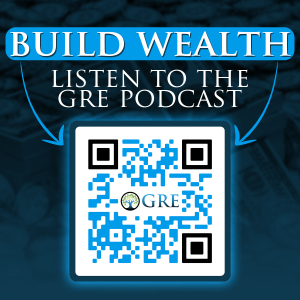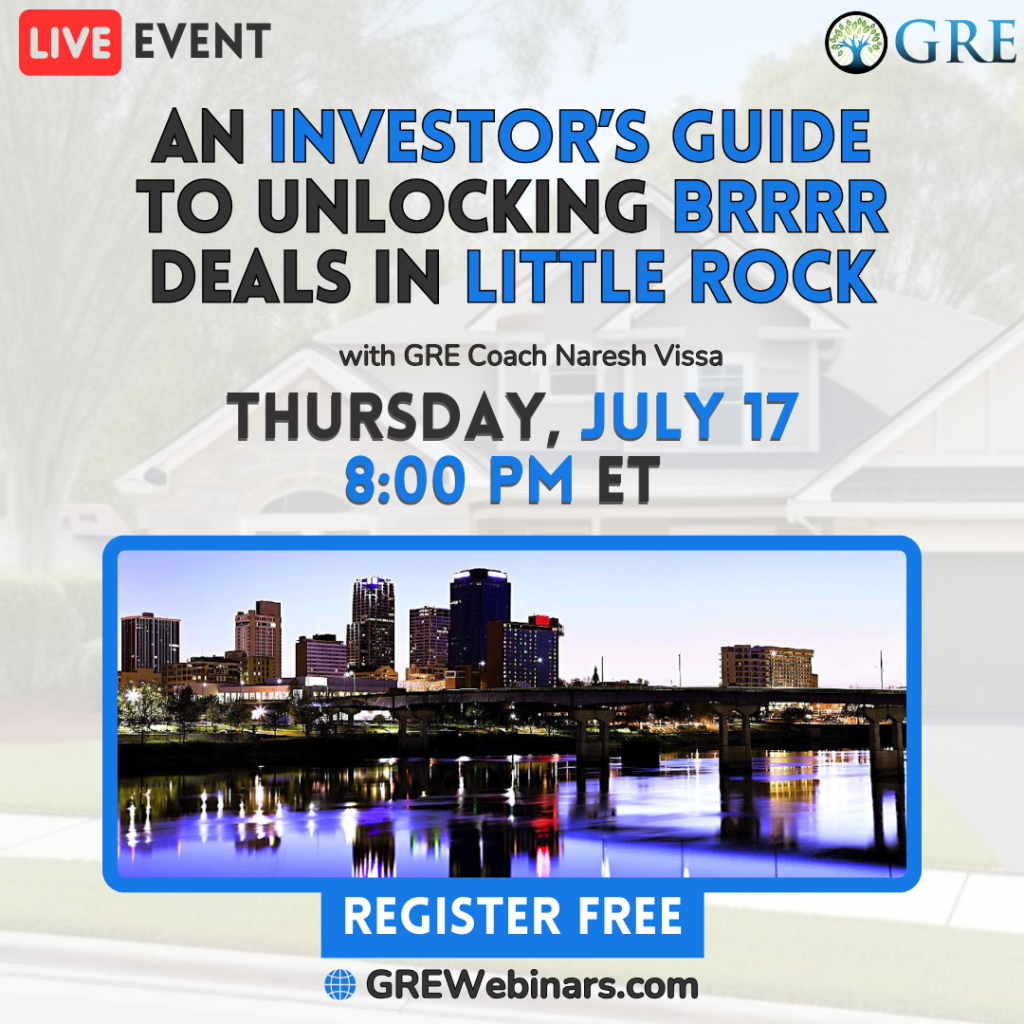I started out by making my first “home” a four-plex building in 2002, and I’m fortunate enough to own lots of rental property today.
But if a tenant has a leaky faucet or the lawn needs mowing, they sure don’t contact me. They wouldn’t even know how to. But I do want to make sure that it’s being taken care of.
Real estate investors don’t need to be “handy”. But their landlords or contractors do.
When you start investing in real estate, it might be a good idea to manage your property for a little while at the beginning.
But sooner than later, those that become wealthy fastest abandon self-property management.
They realize that their best and highest use is understanding investing, learning about tax reduction, and searching for the next good deal. Only make occasional course corrections to your Property Manager’s (PM) approach.
Over the long term, your time is best spent managing your assets and investments, not managing your individual tenants and properties.
This is about “scalability”.
Scalability is the notion of being able to duplicate your business into something profitable and duplicatable.
Look…Subway doesn’t make the best lunch that you’ve ever eaten. But they are the world’s largest food chain because they have the best system in place.
They don’t ask one person to bake the sandwich bread, stock the fridge, clean the restrooms, come up with promotional ideas, be the store accountant, expand operations to Uruguay, and make all the customer sandwiches.
If they did, how many customers would they serve?
Now if you owned a hundred rental units, how would you handle all those inevitable repair service calls, monthly rent collections, scheduling of service people, mowing and raking the lawn, looking at the squeaky drum on the clothing dryer, adjudicating whom is responsible for little carpet stains at move-out, knowing the ins-and-outs of your state’s landlord/tenant laws, and handling all the accounting?
How could you possibly keep that up, while simultaneously becoming the most effective investor that you can be?
That would be ludicrous.
Dealing with tenants can be annoying and cause you to lose faith in humanity.
I can’t imagine how low my quality of life would be if I did all that stuff.
Subway or another successfully scaled restaurant knows that their best and highest use is, for example, market & demographic analysis, or seeking tax incentives in a foreign country prior to expansion.
As a real estate investor, sooner than later your best and highest use shouldn’t be continuing to practice your hardwood laminate flooring installation skill during tenant vacancies and then making repeated round trips over to the property to show it to another prospective tenant.
Once you leave that work to others, now you’re leveraging more than dollars. You’re leveraging your time and your “team” too!
PMs are paid to do things right. You only ensure that they do the right things.
Your most valuable asset is your time. It takes time to build knowledge. Knowledge is power. How far do you really want to go down the road of trading your time for dollars again? That’s what you do at your day job.
Look…professional investors and the wealthy commonly calculate Return On Investment and Return On Equity.
You want to achieve the best returns from the most important metric of all; one that too few consider – your Return On Time.
Maybe that metric hasn’t become popular only because it is abbreviation – R.O.T. – is unimpressive.
Do you want another job? Or do you want to be an investor?
Before you purchase a property, run the numbers and make sure to account for the typical 8 to 10% of gross monthly rent that a property manager takes for their service. You want to see that rent income exceeds all expenses, including PM.
Yes, that still leaves you with 90 to 92% of the gross monthly rent before expenses – and a PM handles the headaches!
Your PM fees are usually tax deductible too.
Additionally, PMs often manage hundreds of properties. They’ve typically negotiated a discounted service rate from providers like plumbers, electricians, and HVAC companies. That’s a rate lower than you could get if you used them yourself.
This way, you’re now leveraging the manager, whom is leveraging economies of scale (“scalability” again), to often pass lower hourly rates onto you. That’s like leverage within leverage!
PMs handle all the ongoing maintenance and repair of your property, all communication from tenants, collecting the rent, and sending you your monthly owner draw (a.k.a. your check) and monthly income & expense statement.
PMs understand local Landlord & Tenant law, the most effective way to execute it, and have all the forms and systems.
Hiring a PM makes you scalable. How many properties could you buy and give to a manager? Well, multiples more than you could buy and manage yourself.
The reason I wrote that you might want to self-manage in the beginning is that it will help you a little with understanding the PM’s point of view when you communicate with them later.
Investors have different strengths. Some may want to self-manage longer than others. I don’t recommend doing it for long.
But whether I talk to real estate flippers, wholesalers, note buyers, or developers, it seems like they all desire to have the same “end” game in real estate: buy-and-hold.
One thing is for sure…and I’m emphatic about this one:
Finding a good property manager is key. In fact, it usually even more important than the property itself. So find a good one before you buy the property.
If you don’t find a competent property manager, the property will soon be managing you.
Freedom of time is a prerequisite to wealth.
So tenants don’t call and ask me to fix a cabinet door at move-in or ask me to look at old carpet stains to adjust their security deposit at move-out. It’s not my best and highest use, and never will be.
I managed my own property for a few years. So what else I do know?
The main thing is that I don’t have to know, because I have a Property Manager that does know.
Find a good manager, and you have just promoted yourself to a better and higher use.
Thought getting your money to work for you creates wealth? It doesn’t! That’s a myth. My international best-selling E-book is now 100% free, 7 Money Myths That Are Killing Your Wealth Potential. Get it here for a limited time.





Is very useful all your out put on evry article I want to star on five plex right now I am at anchorange Ak I am looking for investor to go in my first deal